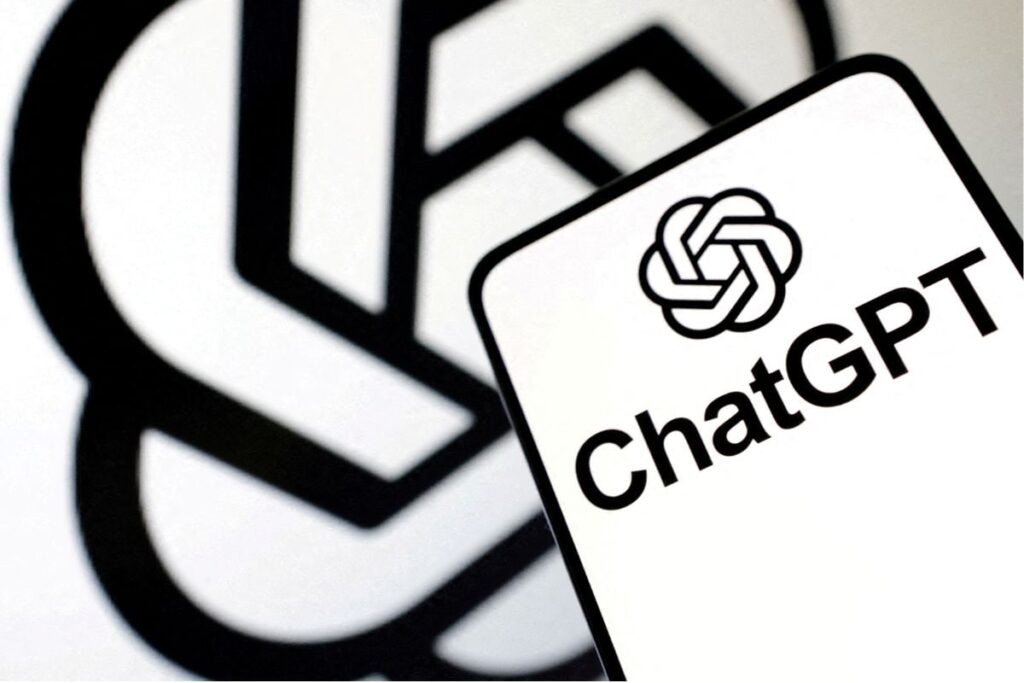# OpenAI Releases New O1 Series AI Models for Advanced Problem Solving Capabilities
OpenAI, a prominent AI firm, unveiled its latest O1 series artificial intelligence (AI) models designed to excel in solving complex mathematical and reasoning-based problems. The firm introduced two models – the O1 and the O1-mini, with the former already available in preview. These models were specifically trained to emulate human-like thinking processes, taking time to consider before providing responses.
## Introduction of OpenAI O1 Series AI Models
In a recent blog post, OpenAI introduced the O1 series AI models, highlighting their unique reasoning capabilities. Setting them apart from traditional generative AI models, the O1 series approaches problems systematically, mimicking human cognitive processes. This approach allows the AI to explore different strategies and rectify errors, albeit at a slower pace compared to the GPT-4o model, due to their thoughtful processing techniques.
[OpenAI](https://openai.com/) demonstrated the O1 model’s abilities to decode corrupted sentences, showcasing its advanced problem-solving skills via a tweet.
## Implications for Users
The launch of the O1 series AI models marks a significant advancement in AI capabilities for users. These models empower users to pose complex queries that demand multi-level reasoning and critical analysis. Tasks such as predicting the next number in a sequence or solving intricate logical puzzles can now be accurately handled by these AI models.
## Performance Assessment and Comparison
OpenAI reported that the O1-preview model performs on par with PhD students in the fields of physics, chemistry, and biology. Moreover, the model showcases exceptional prowess in solving mathematical problems, outperforming the GPT-4o model significantly. In a test scenario like the International Mathematics Olympiad (IMO), the reasoning model achieved an impressive 83% success rate compared to GPT-4o’s meager 13%.
Sam Altman, CEO of OpenAI, shared that the O1 models achieved a score of 78.3 on the PhD-level science benchmark GPQA Diamond. While acknowledging the model’s flaws as a nascent version, OpenAI is committed to rolling out updates for consistent improvement.
## Access and Usage Limits
For the time being, the O1 series AI models are accessible to ChatGPT Plus and Team users in a preview mode. However, there are weekly messaging limits set at 30 for O1 and 50 for O1-mini. These constraints aim to manage the model’s operational costs, as they are deemed more expensive to run compared to standard transformer-based architectures.
Eligible developers can leverage the new AI models with a rate limit of 20 requests per minute (RPM). However, certain functionalities like function calling, streaming, and system message support are not permitted. ChatGPT Enterprise and Edu users can anticipate access to these models in the upcoming week.
Free-tier users of ChatGPT will soon gain access to the O1-mini AI model, albeit with a rate limit lower than that of GPT-4o.
In summary, OpenAI’s O1 series AI models represent a breakthrough in AI technology, offering advanced reasoning capabilities for solving complex problems. Through systematic reasoning and thoughtful processing, these models open new possibilities in the realm of AI-driven problem-solving scenarios.

